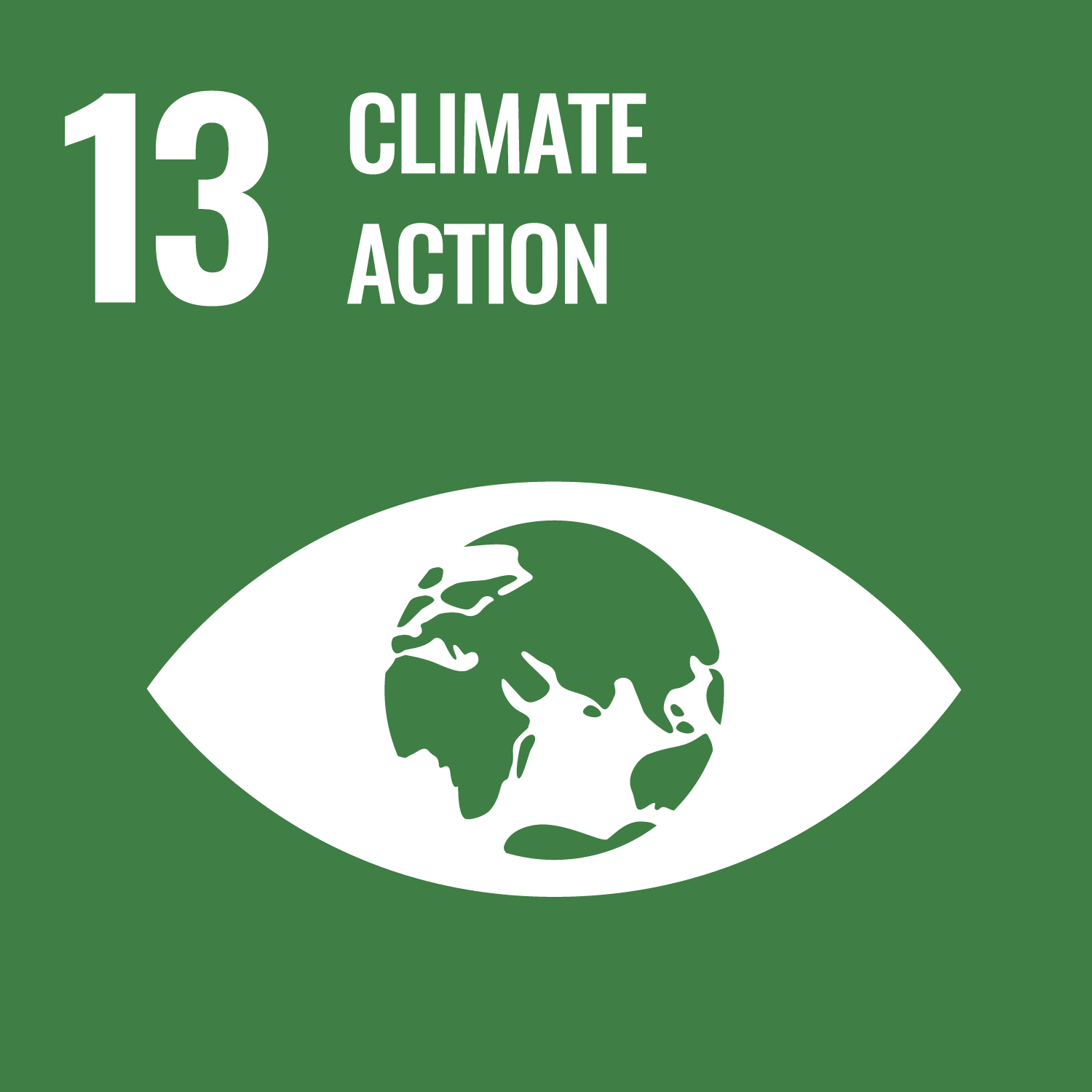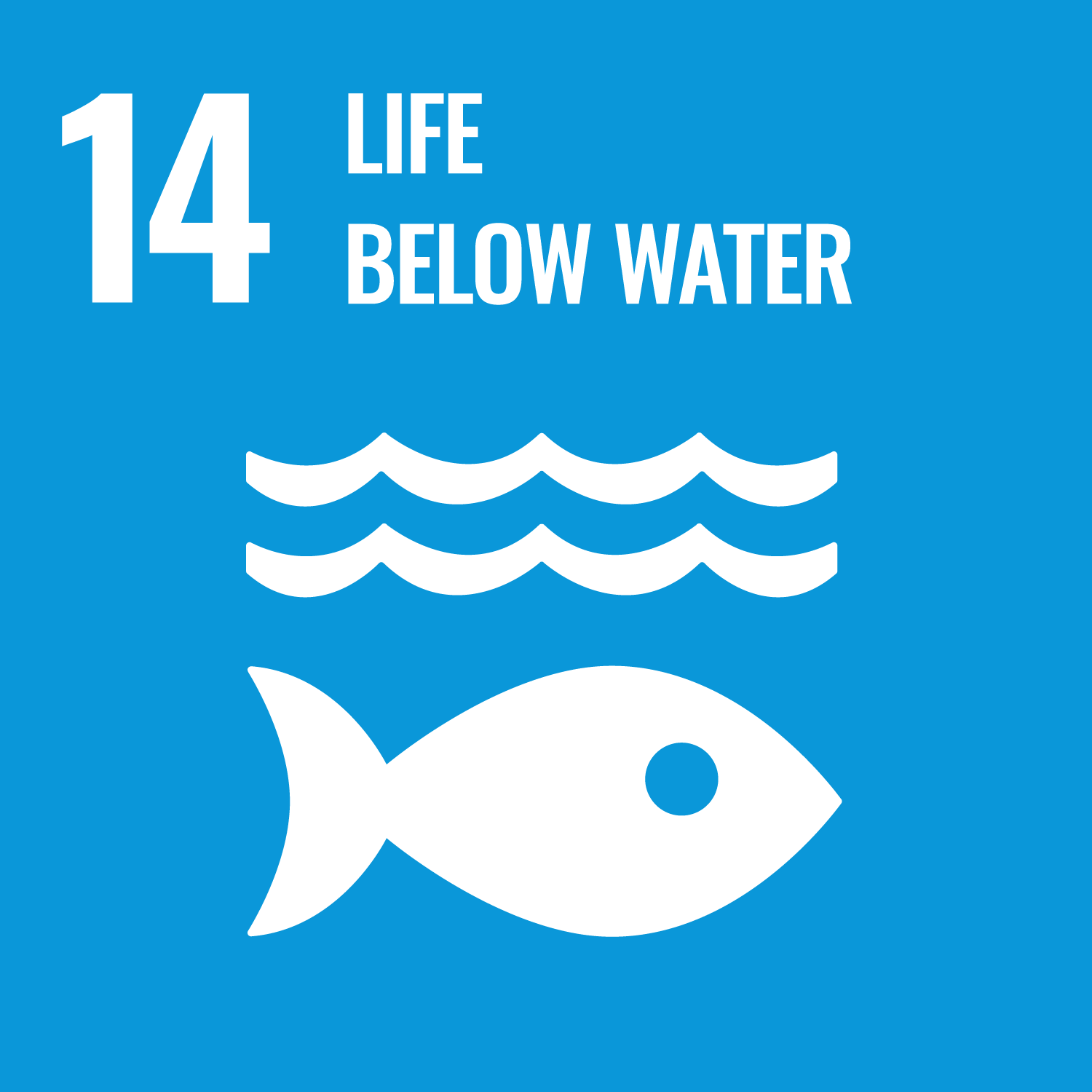【SACRU】 Taking Note of Island Voices
Written by Anne McDonald, Director of the Island Sustainability Institute, Sophia University (Japan)
- Research
The 27th United Nations Conference of the Parties (COP 27) will be held in Sharm el-Sheikh, Egypt, from 6 – 18 November 2022. The conference brings together leaders from all countries to agree on intensifying global action to solve the climate crisis
Taking Note of Island Voices
Written by Anne McDonald, Director of the Island Sustainability Institute, Sophia University (Japan)
Flashback to 1995. 6 years after the fall of the Berlin Wall, global leaders met to discuss the first multi-lateral environmental agreement on climate change. Island Nations marshaled the call to action. Led by the voices of Hon Isaac V. Figir of FSM and H.E.T. Neroni Slade of Samoa, island nations rang the warning alarms about the realities of climate change and the urgency for collective global action. Climate change, they argued, was not a future possibility but a living reality. If they were the canary in the coal mine sitting on the frontlines of climate change, what was happening in small island nations, was the beginning of what was yet to come on a larger global scale.
Fast forward to 2022. Scientific evidence of global warming is now unequivocal. Climate scientists say the last eight years were the warmest in recorded human history. As we enter the climate talks in Sharm-El-Sheikh, Egypt, the recently published 2022 edition of UNEP’s Adaptation Gap Report: Too Little, Too Slow – Climate adaptation failure puts the world at risk underlines the urgency of Island States voices. Darkly put, the current trends are on a dangerous trajectory of too hot, too wet, and too dry. According to the report, extreme heatwaves, devastating flooding, and droughts have adversely impacted millions of people and cost billions. Failure to take action will result in aggregate costs for future generations. Further, the cost of inaction will be far greater than the socio-economic and environmental costs of taking action.
Inaction should not be an option. Not only will inaction increase the vulnerability of the Island States and other vulnerable populations on the frontlines of climate change, but the estimated economic stresses due to climate change project losses of US$63 billion per year starting in 2010. Experts expect this impact will rise by more than 100 percent to US$157 billion annually by 2030. More importantly, if we focus on Island States voices and their call to action to combat climate change since the 1990s, when we think of vulnerability the Average Annual Losses (AAL) as a percentage of GDP is much higher in small island developing states (SIDS) compared with the global average. Take, for example, the Caribbean region). The cost of inaction in the Caribbean alone is projected to amount to over US$22 billion annually by 2050 and US$46 billion by 2100 – equalling 10 percent and 22 percent of the current size of the Caribbean economy.
As island voices gain strength on the global stage, they reverberate about climate change as a “threat multiplier.” Impacts are evolving in a plutonian spider-web-like configuration. As the magnitude of extreme weather events increases, the need for integrative approaches addressing the intertwined natural and human system-related impacts of climate change is all the more evident. In 2015, people were twice as likely to be displaced by a disaster than in the 1970s. According to experts, the sudden and slow onset impacts of climate change are expected to increase people’s internal and cross-border displacement and affect human mobility strategies. It is already happening in island nations. Take, for example, low-lying atoll island countries like Kiribati, Maldives, Seychelles, and the Marshall Islands, where climate migration and related mobility and human security issues top the government climate agenda.
Since COP1, Island Nations have been calling out an SOS for transdisciplinary research knowledge sets. There is an urgent need for the place and context-specific transdisciplinary research that can inform island states, island territory governments, and the international community on the way forward. As Darwin identified, islands are a laboratory for change. Sitting on the frontlines of climate change, in-depth studies of islands – the climate change laboratories – may lead us to develop sustainability solutions for the greater global community.
Pessimists will say the COP26 Glasgow aim to “keep 1.5 alive” alive is dead. Optimists will say, though we’re racing against time, there is still a chance if we stand with the Island States and take responsible collective action.


